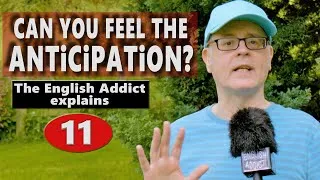Svante Pääbo: DNA clues to our inner neanderthal
Svante Pääbo: pistas de DNA para nosso neandertal interior
148,263 views ・ 2011-08-30
Por favor, clique duas vezes nas legendas em inglês abaixo para reproduzir o vídeo.
New videos
Este site apresentará a você vídeos do YouTube que são úteis para o aprendizado do inglês. Você verá aulas de inglês ministradas por professores de primeira linha de todo o mundo. Clique duas vezes nas legendas em inglês exibidas em cada página de vídeo para reproduzir o vídeo a partir daí. As legendas rolarão em sincronia com a reprodução do vídeo. Se você tiver algum comentário ou solicitação, por favor, entre em contato conosco usando este formulário de contato.







